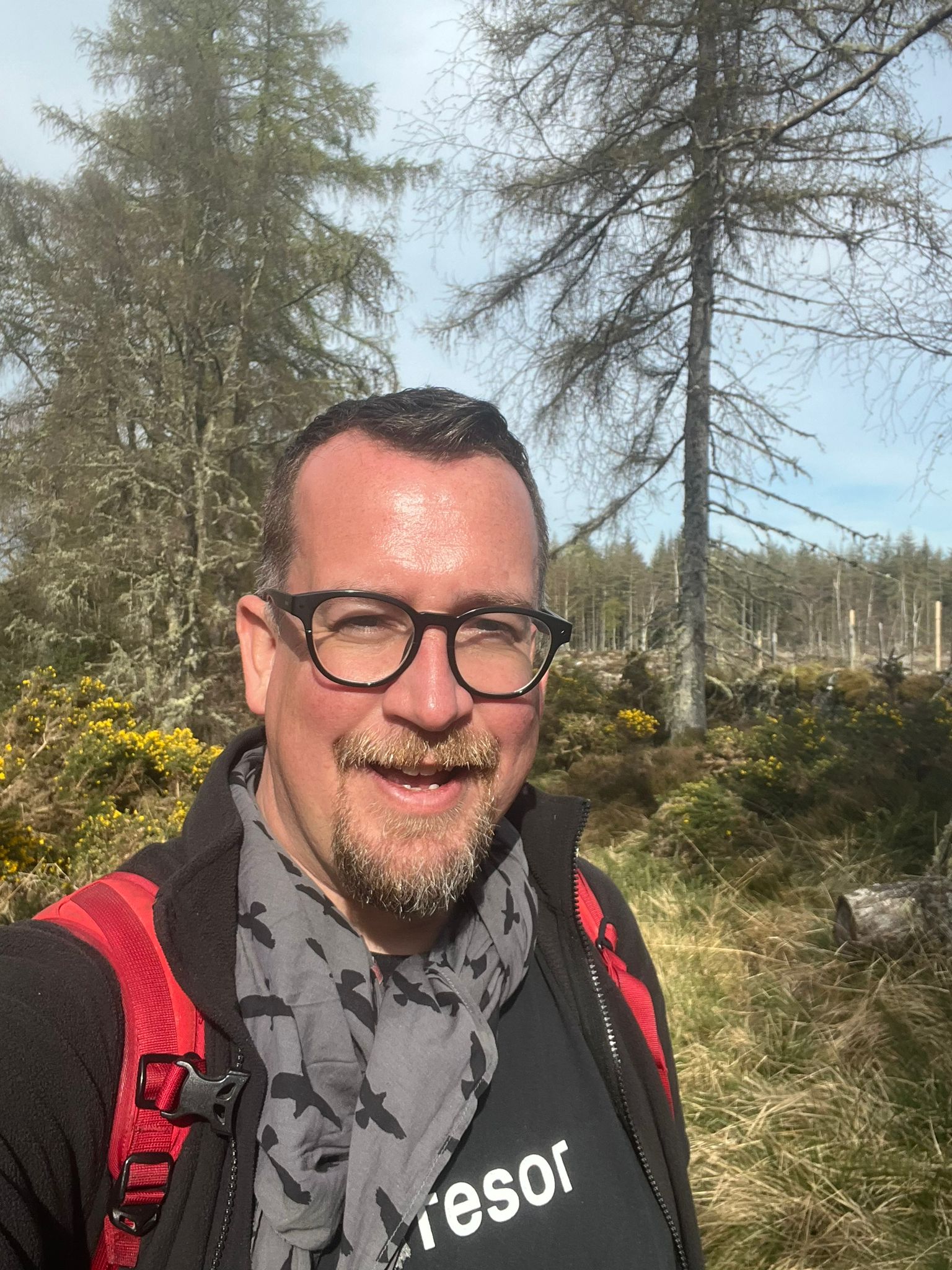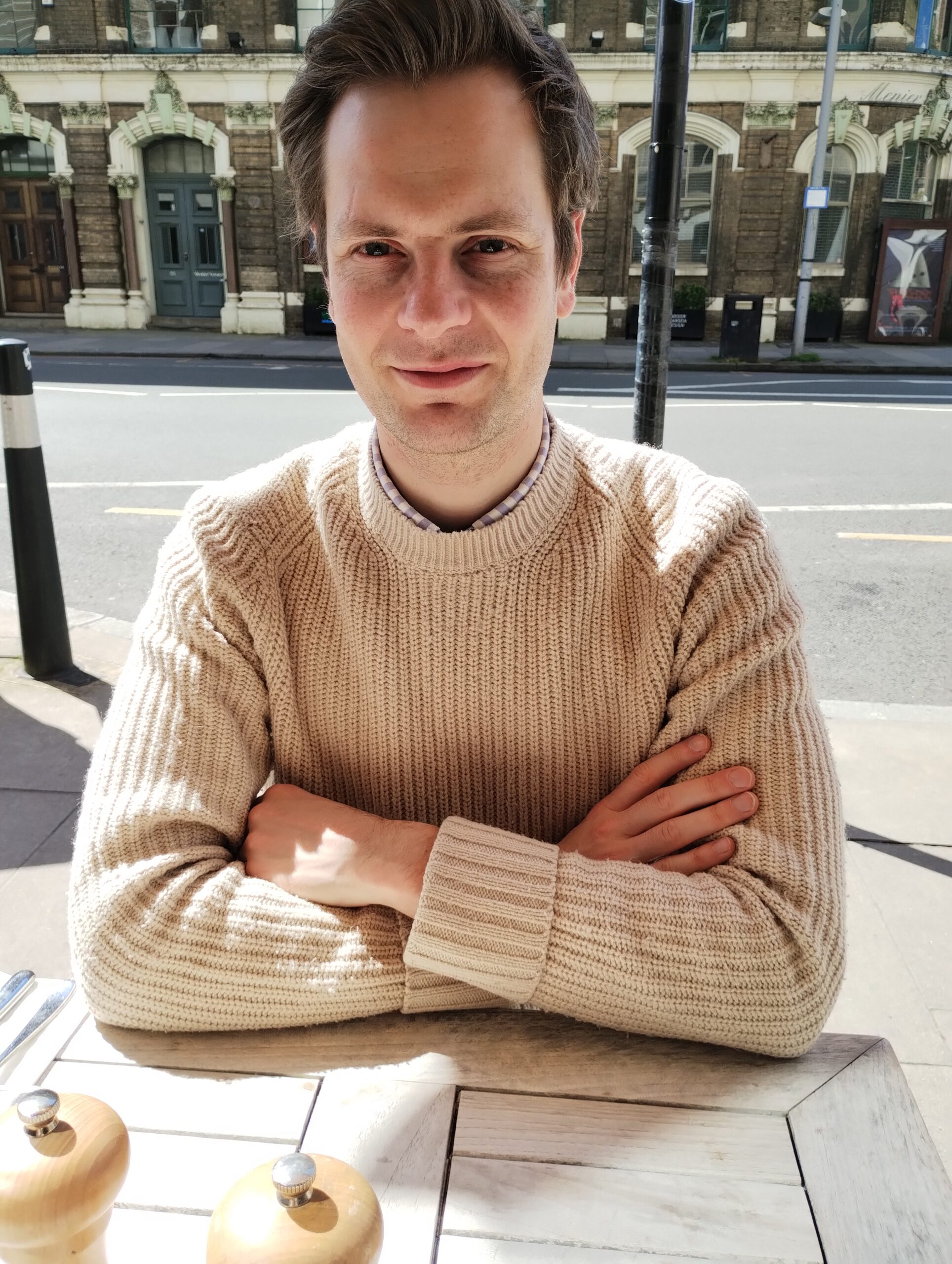APT Conference 2025 – June 27th
St Dominic’s Sixth Form College, Harrow, London

Opening Talk: 9.30 – 10.00
Is Kierkegaard a Good Teacher?

Clare Carlisle

Session 1: 10.15 – 11.00

Mind and Body
This session looks at Descartes’ two deductive arguments for substance dualism. One has true premises but is invalid. The other is valid but has a dodgy premise. This nicely illustrates two very different ways in which arguments can fail. We also look at Leibniz’s Law and pivotal role in plays in both Desacrtes argument and in many of the arguments for dualist theories.

Teaching Philosophy
“Philosophy and its outcomes: What are we trying to do when we teach philosophy, and how can we do it better?”

Is Leaving out Philosophy a Social Injustice?
This talk explores how curriculum has become central to educational debate over the past decade, shaped in large part by Michael Young’s concept of powerful knowledge. We’ll consider how his ideas have influenced curriculum design and why access to disciplinary knowledge is a matter of social justice. The session ends by inviting reflection on whether philosophy offers powerful knowledge—and what its exclusion from the National Curriculum might mean for equity in education.

Stephen Law
Stephen edits Think magazine, which publishes highly accessible and engaging writing by philosophers who value clear thinking and writing. Stephen lectures at Oxford and researches in philosophy of mind, language, metaphysics, and in philosophy or religion.

Gerald Jones

Jon Donnelly
Wallington High School for Girls
Tea and Coffee
Session 2: 11.30-12.15

The Funnel of Righteousness
Peter Worley
My talk will building on the idea, published as an article of the same name in Philosophy Now (164), showing how I have applied the ‘funnel of righteousness’ to working with teenagers in groups at school and one-to-one when coaching children in care or coming out of care and looking to go to university. The funnel of righteousness is a way of presenting an approach to epistemology that is practical and does not require the unreachable high standards of success criteria that much of epistemology in philosophy often does, lending itself to an already present susceptibility in teens towards subjectivity and relativism from being too delicately defeasible: “because I can doubt everything to some degree, nothing is true and everything is mere opinion”. The funnel of righteousness provides students with a spectrum of increasingly more robust criteria for justifying a feeling of being right about claims and opinions and gives examples of when each stage of the funnel would be sufficient, while highlighting the limits of each justification.

Philosophy in Prisons
Mary Margaret McCabe
Philosophy in Prison is a charity set up in 2018 to promote philosophical education in prisons and to explore the practical and philosophical principles that this involves.
Those in custody come from varying educational backgrounds. Some may have low literacy skills. Some may be disillusioned by education. Some may speak English as a second or even a third language.
We use philosophical conversation to engage anyone who is interested, whatever their educational background.

Using Deduction as a Teaching Tool
Hugh Burling
When teaching undergraduates, we routinely use semi-formal deductive arguments to charitably re-present lines of reasoning in historical (and contemporary) texts, and make the dialectic surrounding that reasoning more accessible and structured. Yet at secondary level in the UK, textbooks only very rarely make use of this tool; and some A-level resources and even curricula reinforce questionable assumptions about the nature and function of deductive reasoning which present unnecessary hindrances to students’ understanding and engagement. What are the advantages of using semi-formal deductive arguments in the classroom? What challenges might deter us? How can we address this? This talk will answer this case study using a two-year ‘natural’ experiment of introducing formal deductive reasoning as a teaching tool in Key Stage 3, and offer practical strategies for training students to be able to follow, analyse, and construct their own semi-formal deductions when grappling with historical theories and arguments at any secondary level.

Peter Worley
Peter Worley
Philosopher, educator, author
Founder The Philosophy Foundation
Website: https://peterworley.uk
E-mail: peter@peterworley.uk
X: peter@the_if_man
Linkedin: https://www.linkedin.com/in/peterworleyuk/

Mary Margret McCabe
Professor Mary Margaret McCabe (‘MM’) works on ancient philosophy, ethics and epistemology, and on the philosophy of medicine. She is the author of Plato on Punishment (1981), Plato’s Individuals (1994), Plato and his Predecessors: The Dramatisation of Reason (2000) and Platonic Conversations (2015); her Plato’s Euthydemus is in preparation for publication in 2024, and her Sather Lectures, Seeing and Saying, for publication in 2025. MM is a co-founder and the Chair of Trustees of the charity Philosophy in Prison, which provides and supports philosophical discussion for prisoners in the UK.

Etham College
Hugh Burling
Lunch
AGM
Session 3: 13.45-14.30

Responding to mis/disinformation, conspiracy theories and dangerous narratives in the classroom.
The advent of social media has seen an unprecedent flow of ideas, including disinformation, conspiracy theories and dangerous narratives. Sometimes these ideas spill over into the classroom (Andrew Tate etc). How a teacher might respond to these ideas raises a range of interesting philosophical, pedagogical and psychological questions. This session provides an overview of existing research and explores some of the different approaches a teacher might take.
I Didn’t Know Philosophers Did That!
Showkat Ali
Inspiring state school students to take up Philosophy.

Socrates Was Wrong – Exploring the Optimum Lesson Structure for A-level Philosophy
Is the traditional Socratic method really the best way to teach A-level Philosophy? In this session, we draw on insights from Engelmann’s Direct Instruction, atomisation, and cognitive science to propose a new approach to lesson design that aims to improve clarity, retention, and understanding. We’ll explore the evidence behind these techniques, share model lesson segments in this alternative format, and invite discussion on how this shift might transform student outcomes. Come ready to question received wisdom and rethink what a high-impact philosophy lesson could look like.

Jeremy Hayward
Jeremy Hayward is a former philosophy teacher teacher in schools and for the past 20 years have been a lecturer specialising in the fields of citizenship education and the teaching of controversial issues at the Institute of Education, UCL. He is also the author and co-author of a range of widely used textbooks, resources and guidance for schools in the areas of philosophy and citizenship.

Showkat Ali
Showkat Ali runs the I Didn’t know Philosophers Did That event, introducing philosophy students to early career research in philosophy. He is a Ph.D. candidate and Teaching Assistant at UCL, whose specialties are Ethics and Political Philosophy.
Patricia Copeland & Alexis Philippou
Carshalton High School for Girls & Wallington County Grammar School

Session 4: 14.45-15.30

Trolleys, Bats and Zombies: Philosophical Thought Experiments
David Edmonds

David Edmonds
David Edmonds is Distinguished Research Fellow at the Oxford Uehiro Institute and a former BBC journalist. He is the author/editor of many books which together have been translated into 28 languages – including Wittgenstein’s Poker, Parfit, and Would You Kill The Fat Man? Death In A Shallow Pond, about philanthropy, appears in October. David co-hosts Philosophy Bites (50 million downloads).

16.00 – onwards
Meal and Drink
Come and join us at the Castle Pub down the road from the college for drinks and a meal.


Travel Recommendations
Car: There is no onsite parking at St Dominic’s or in the immediate area. We recommend parking at the station carpark at Harrow on the Hill and coming up from there. Either a 20 minute, picturesque but steep walk or the H17 and 258 from the adjoining bus station.
Rail – The nearest station is Harrow on the Hill – on Metropolitan Line and Rail network. From here it is a 20 Min walk or you can catch the H17 or 258 from Harrow on the Hill bus station adjoining the railway station
2025 Conference Tickets
Benefits
- 2025 Conference Admisson
- Includes 1 year’s membership of the APT
- Collaborative and social events
- Support APT’s work to expand the place of philosophy in UK schools and colleges
£60
Sign up to the APT Email List
Click on the link below to get updates about the APT work, upcoming philosophilca events and more.
